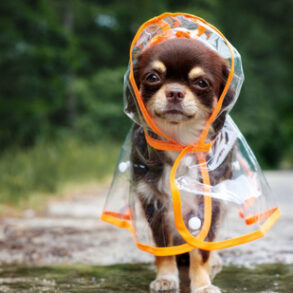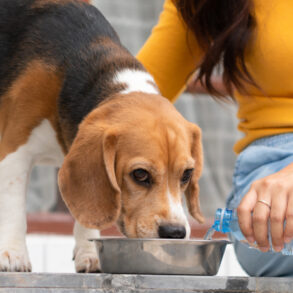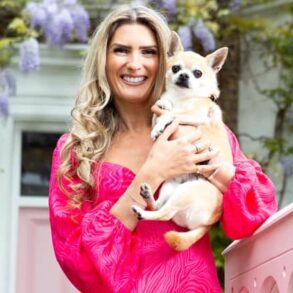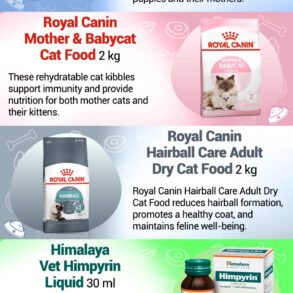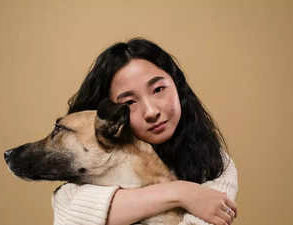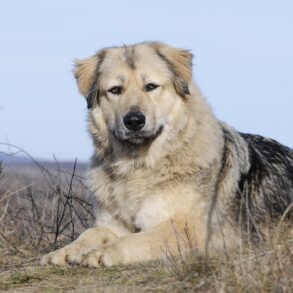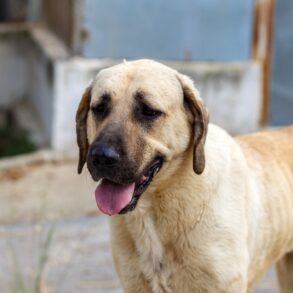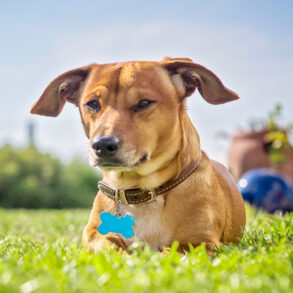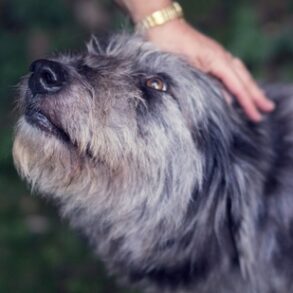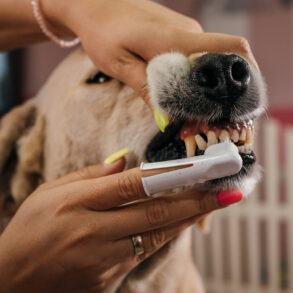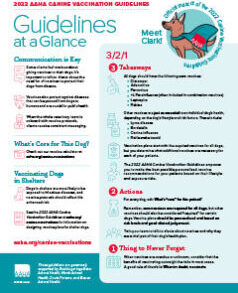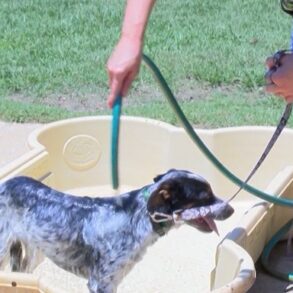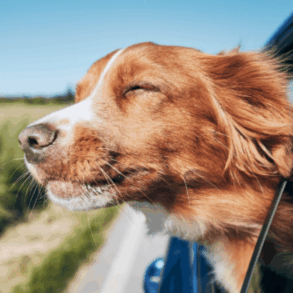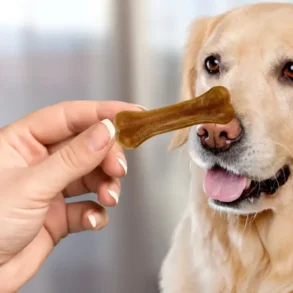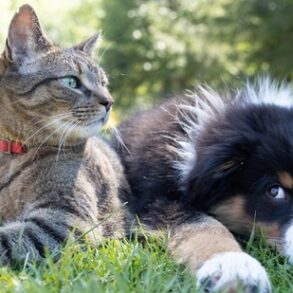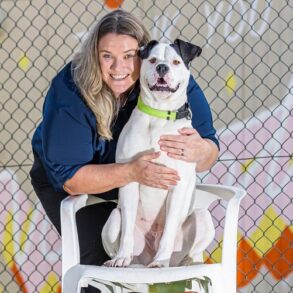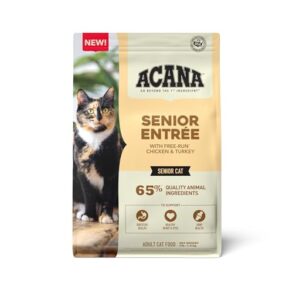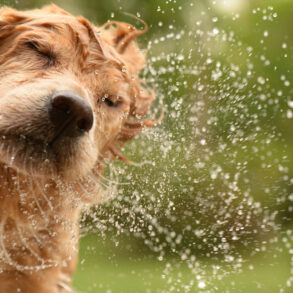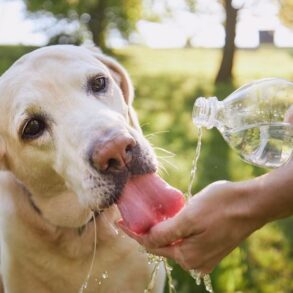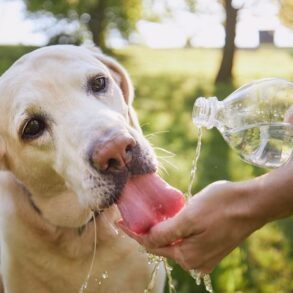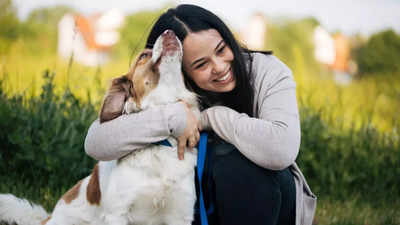
As dogs age, their care needs change significantly to ensure their health, comfort, and happiness in their golden years. Senior dogs often experience health challenges, including reduced energy and joint issues. Recognizing when your dog becomes a senior—typically during the last third of their life expectancy based on breed and size—is crucial for adjusting their care.Proper care involves a suitable diet, regular exercise, routine vet check-ups, and a comfortable living environment. By providing attentive care, we can ensure that our loyal companions continue to lead fulfilling lives and enjoy their later years.
Understanding care needs for your senior pet dogs
As dogs enter their senior years, their care requirements evolve significantly. Ageing dogs often face various challenges, including changes in metabolism, energy levels, and health issues.
Senior dog’s diet plan
As dogs grow older, their metabolism slows down, meaning they may require fewer calories than before. Senior dogs typically benefit from a diet that is low in fat but high in fibre to aid digestion. Specially formulated senior dog food is available, providing the right balance of nutrients essential for joint health, maintaining muscle mass, and promoting a healthy weight.
- Monitor weight: Obesity is a common issue among older dogs and can exacerbate joint problems or lead to additional health concerns like diabetes. Regularly weigh your dog and adjust their food portions as needed.
- Include supplements: Consult your veterinarian about incorporating supplements like glucosamine and chondroitin for joint support, as well as omega-3 fatty acids for a healthy coat and to reduce inflammation.
Keep your senior dogs active
While senior dogs may not possess the same energy levels as their younger counterparts, keeping them active is crucial to prevent muscle loss and maintain mobility. Adjust the intensity and duration of exercise to meet their specific needs.
- Short, gentle walks: Frequent short walks can help prevent stiffness and improve circulation.
- Low-impact activities: Swimming is an excellent low-impact exercise that is easier on your dog’s joints, particularly if they suffer from arthritis.
- Mental stimulation: Engage your senior dog with puzzle toys and new challenges to keep their minds sharp. Mental stimulation can reduce the risk of anxiety or depression in older dogs.
Regular vet visit is must and health monitoring
As dogs age, they become more susceptible to various health issues such as arthritis, heart disease, and dental problems. Regular veterinary check-ups are essential to detect any signs of illness early.
- Vet appointments: Schedule veterinary visits at least twice a year to monitor your dog’s overall health. Blood tests, dental examinations, and physical check-ups can help identify problems before they escalate.
- Dental care: Poor dental hygiene can lead to painful gum disease and tooth loss. Regular brushing or dental treats can help maintain oral health, but professional cleanings may also be recommended by your vet.
- Monitor changes: Keep an eye on your dog’s behaviour, weight fluctuations, or signs of discomfort. Early detection of health issues can significantly improve management of age-related conditions.
Comfortable living arrangements
Older dogs often experience joint pain and reduced mobility, so it is vital to create a comfortable living environment for them.
- Supportive bedding: Provide a soft, orthopaedic bed to cushion their joints. Heated beds can also help alleviate arthritis pain during colder months.
- Ramps and steps: If your dog struggles with stairs or jumping onto furniture, consider installing ramps or steps to facilitate easier movement.
- Accessible food and water bowls: Ensure that your dog’s food and water bowls are easy to reach. Elevated bowls can be particularly beneficial for dogs with neck or back pain.
Maintaining routine and mental well-being
Senior dogs thrive on routine, which offers them a sense of security. Sudden changes in their daily schedule can lead to anxiety or confusion, so it is best to keep feeding, walking, and bedtime routines consistent.
- Mental engagement: Involve your dog in activities they enjoy, such as short training sessions or interactive toys, to help keep their mind sharp.
- Gentle grooming: Regular grooming not only helps your senior dog look their best but also provides an opportunity to check for lumps, bumps, or skin issues.
Love and attention
Never underestimate the importance of love and companionship. Senior dogs may need more rest, but they still crave affection and attention. Spend quality time with gentle play, cuddles, and reassurance, especially if they face health issues that affect their mood or energy levels. This emotional bond is vital for their overall well-being.
Also Read | Pet snakes: Types of species, essential care tips and what to know before choosing your snake pet
This post was originally published on this site be sure to check out more of their content.







